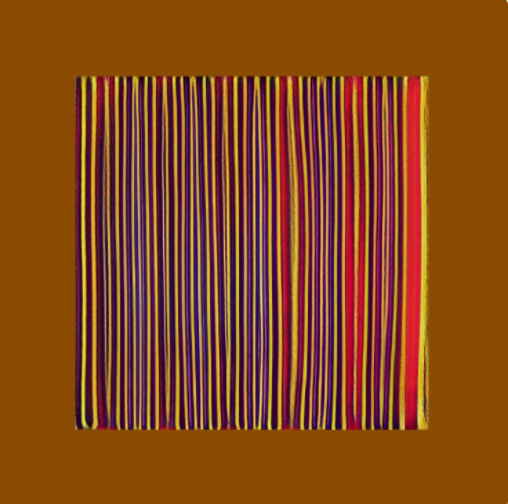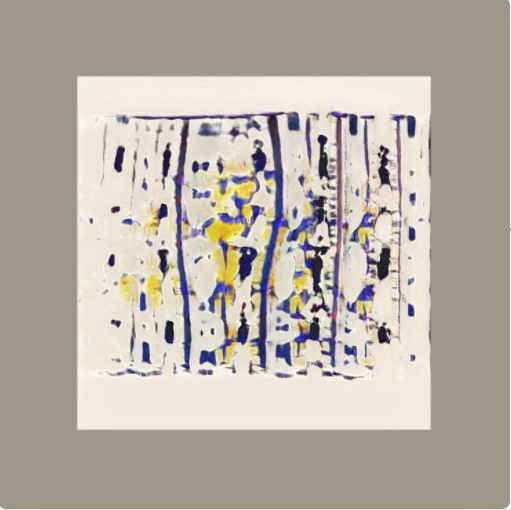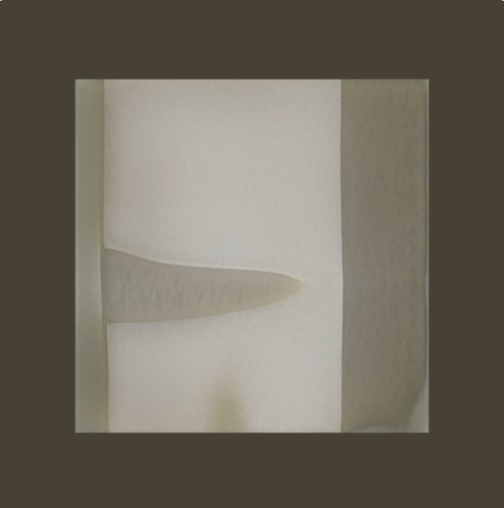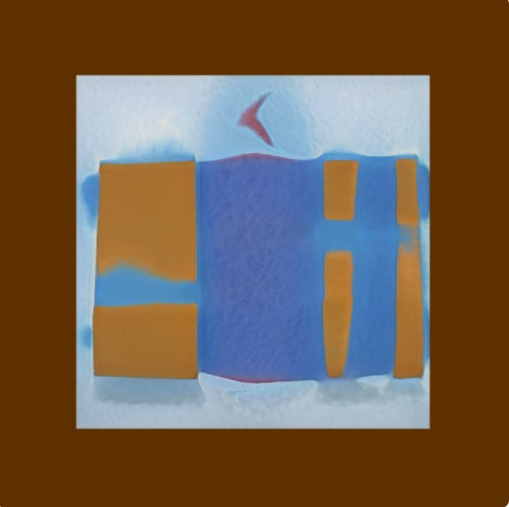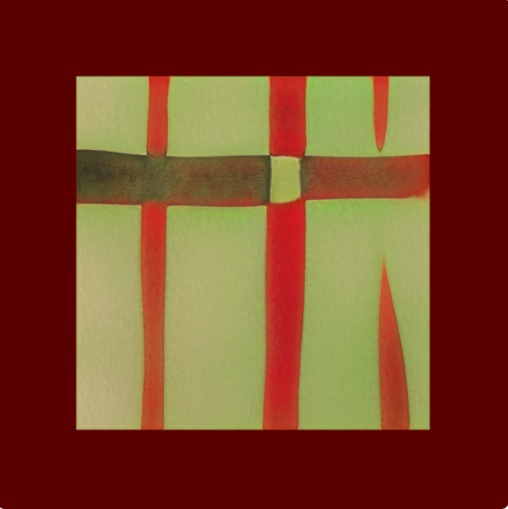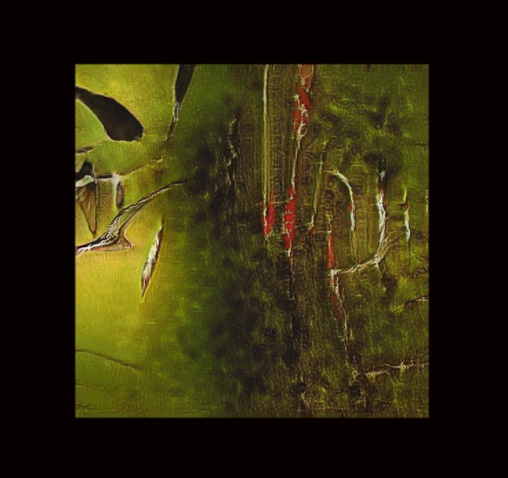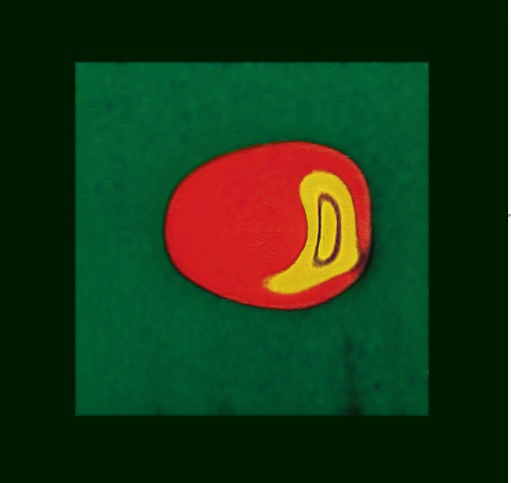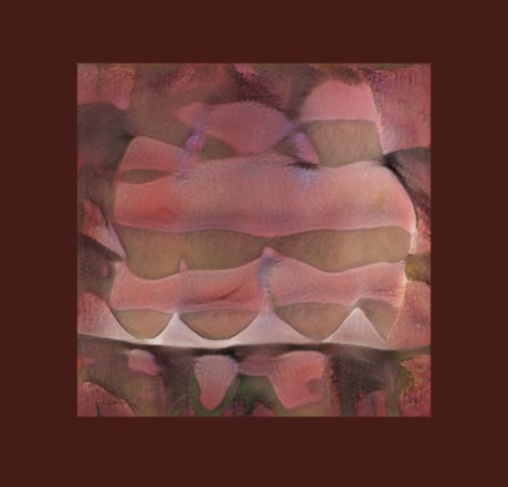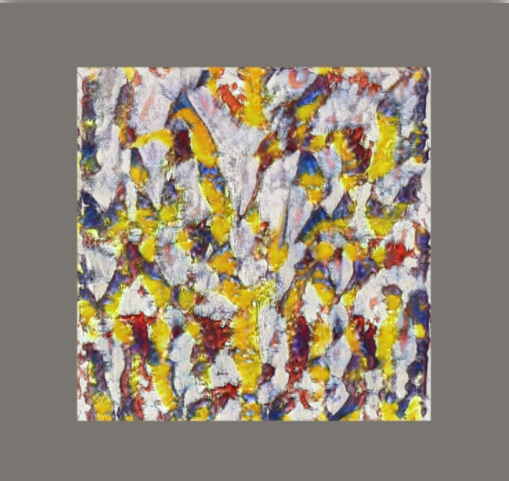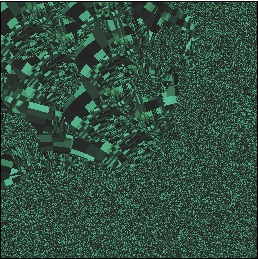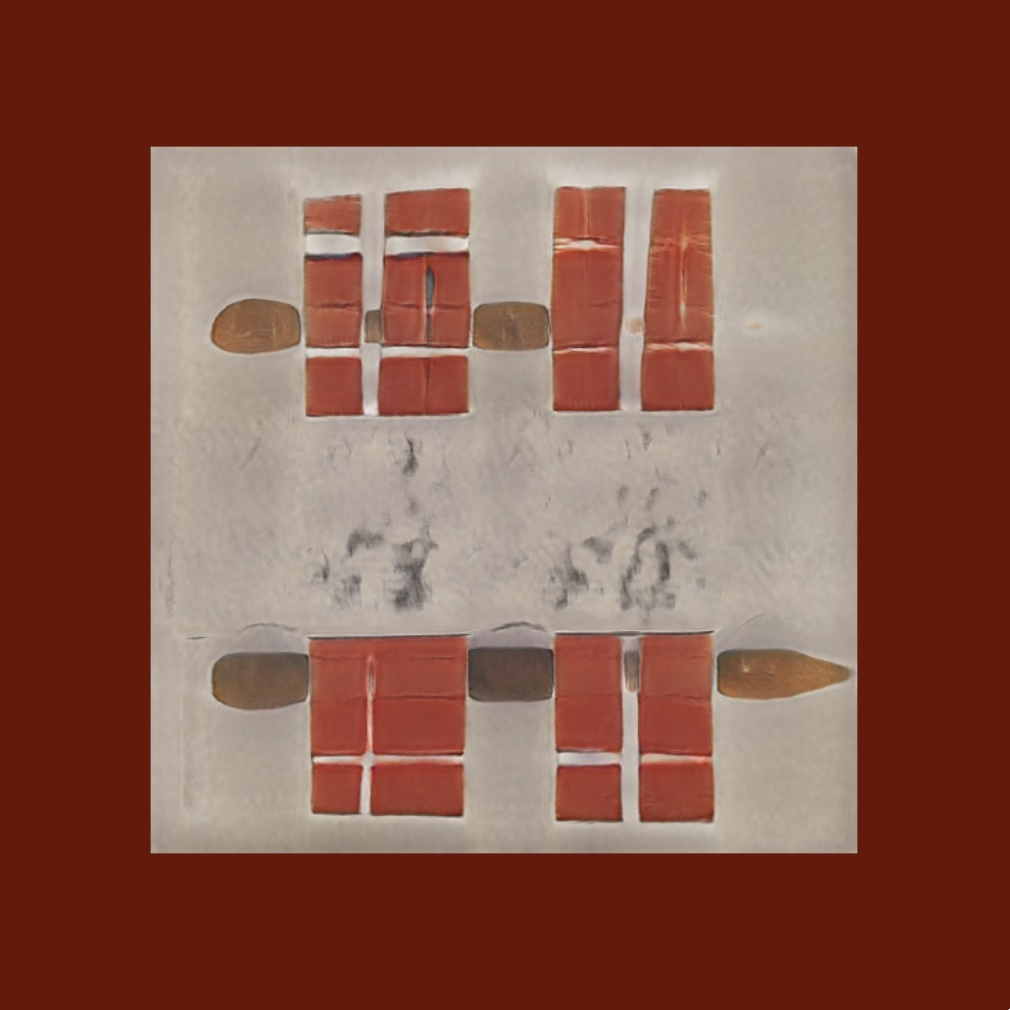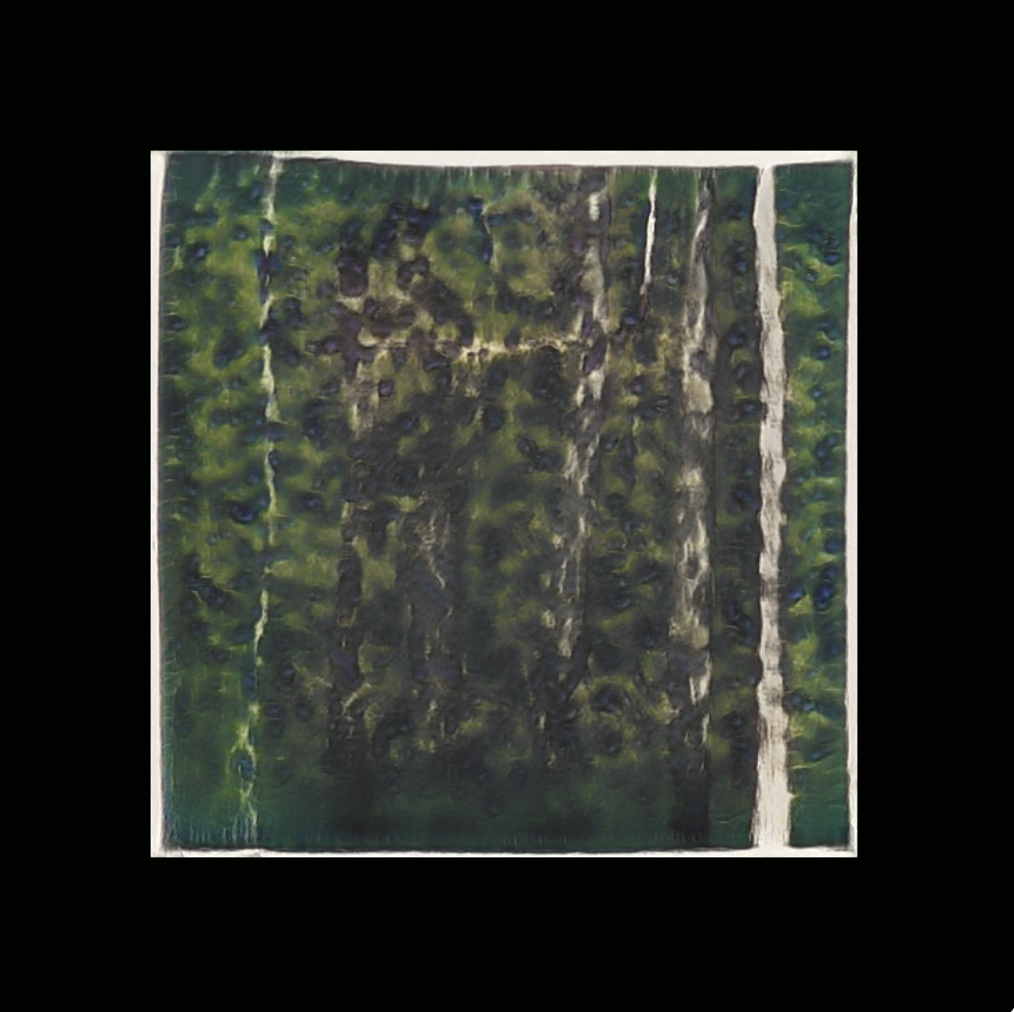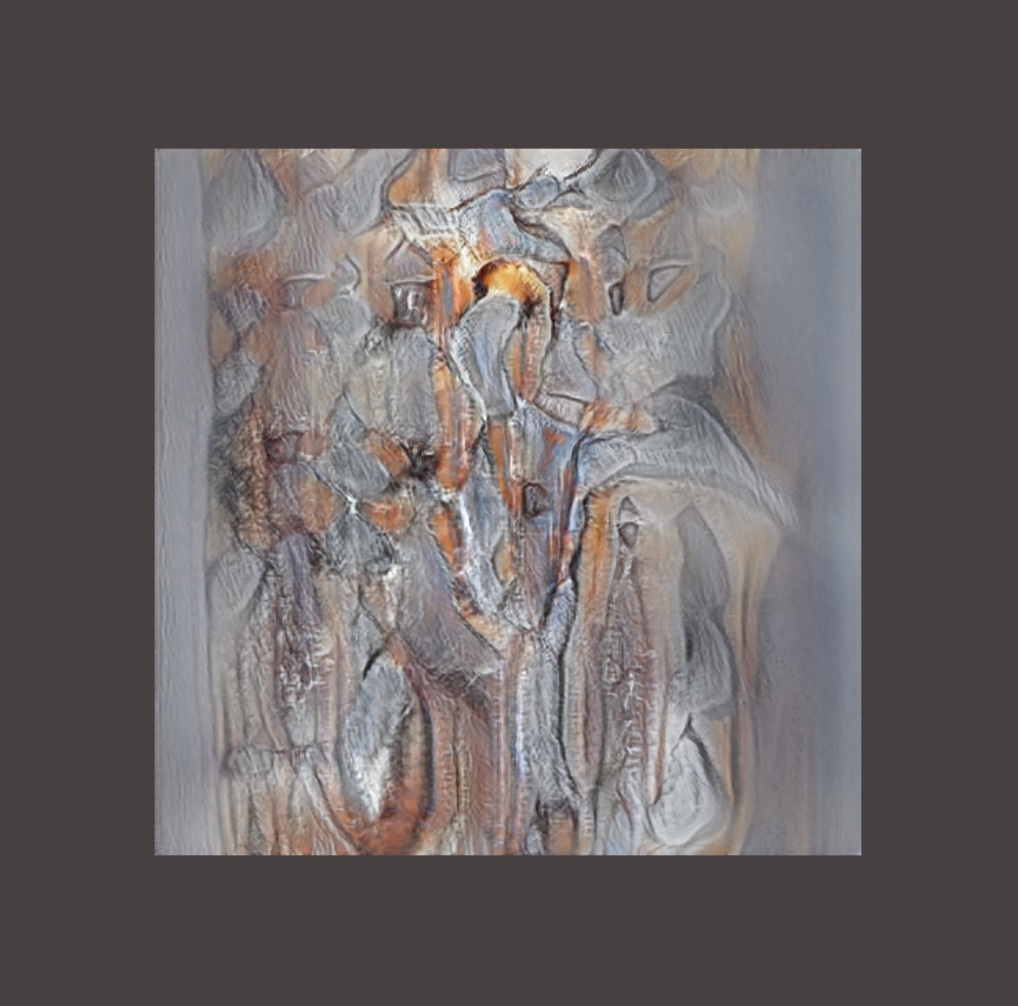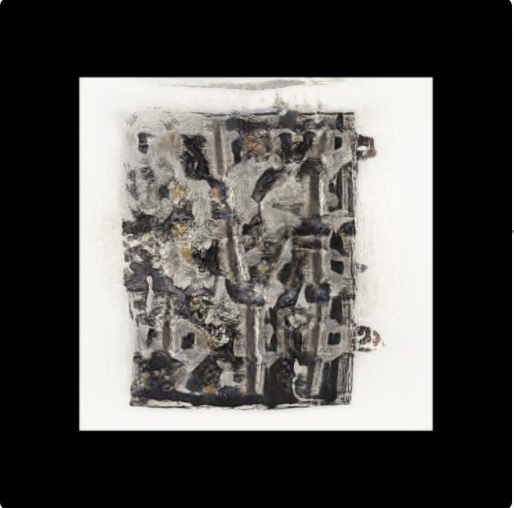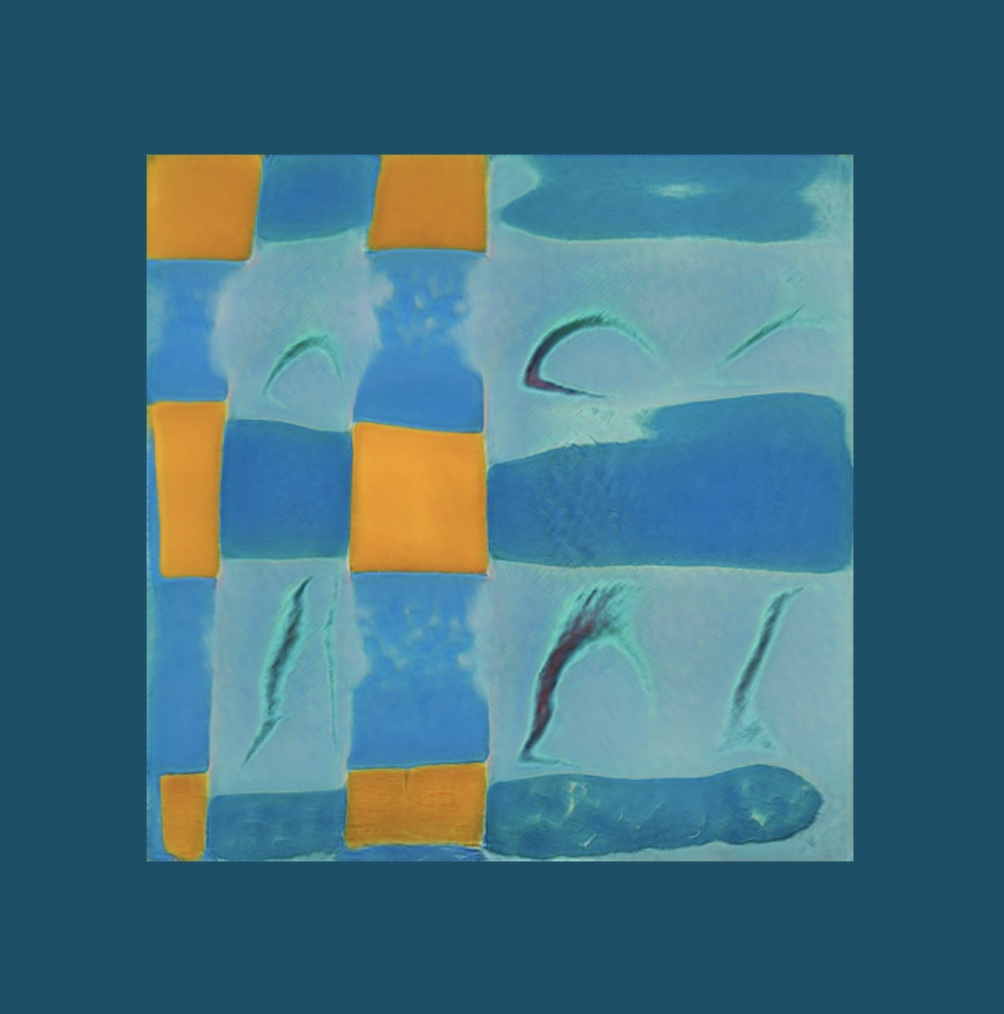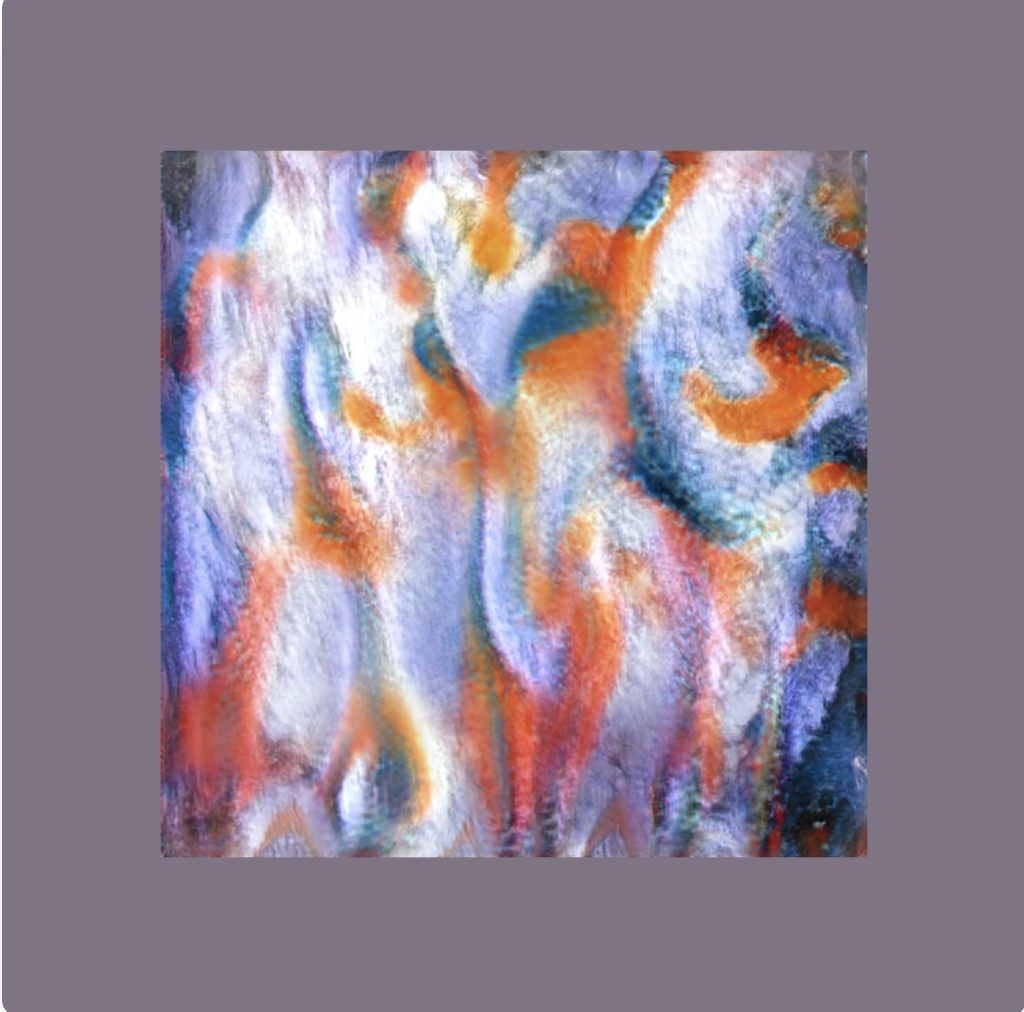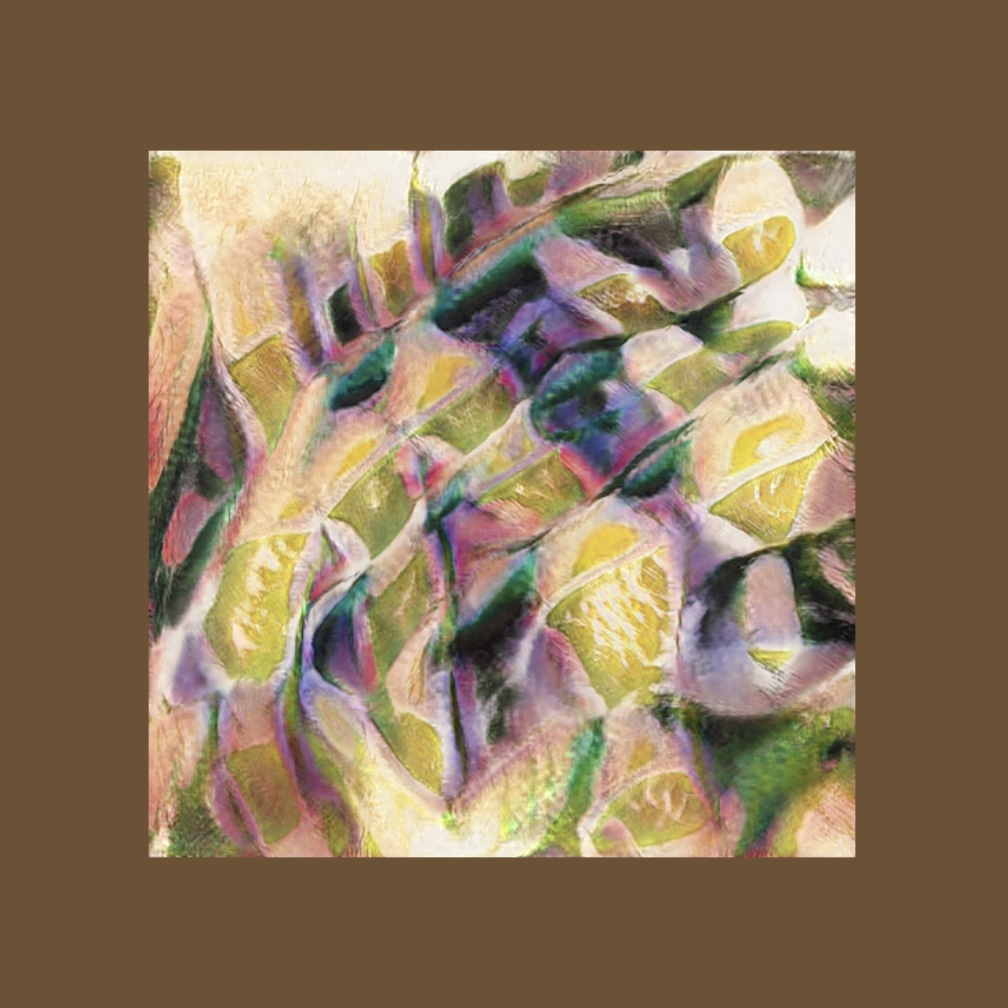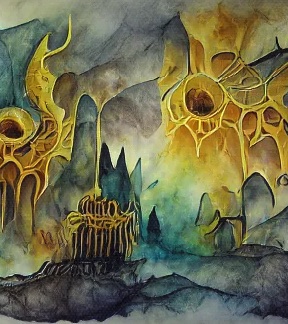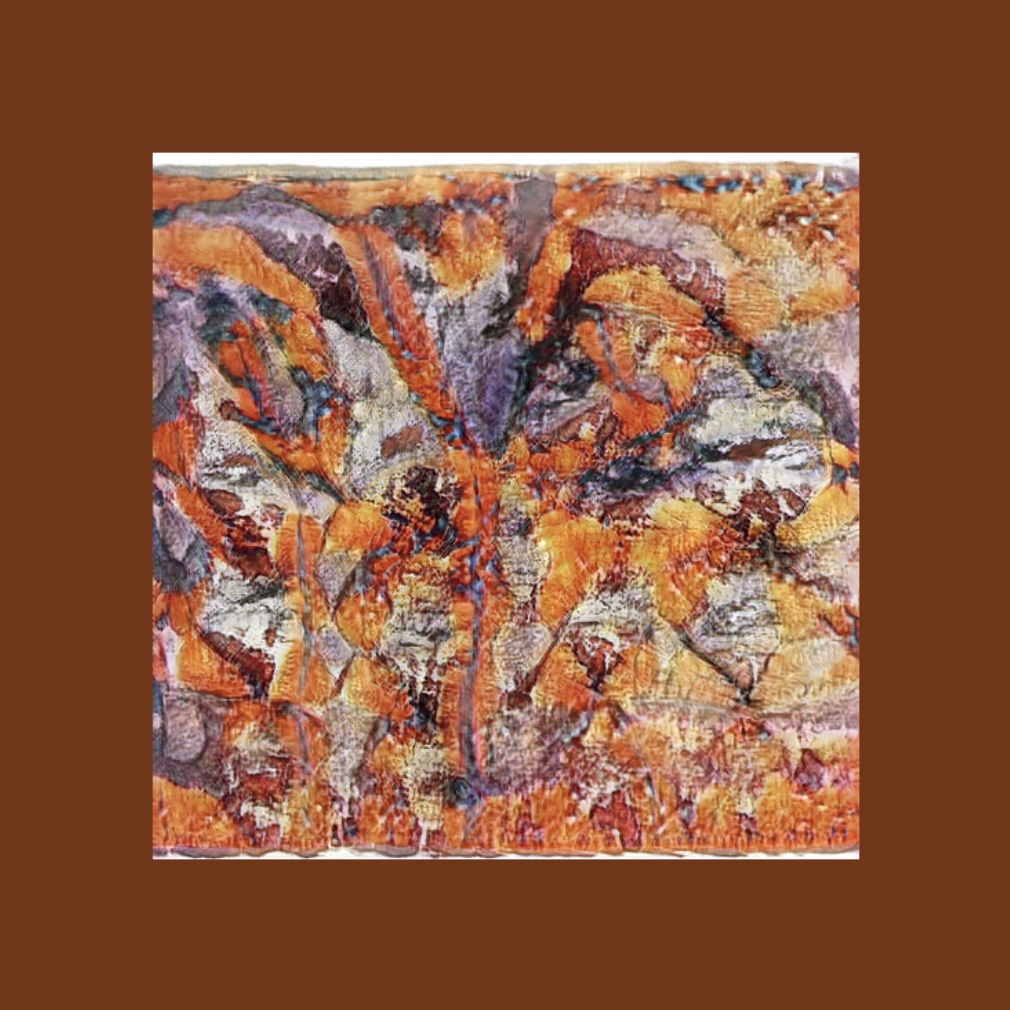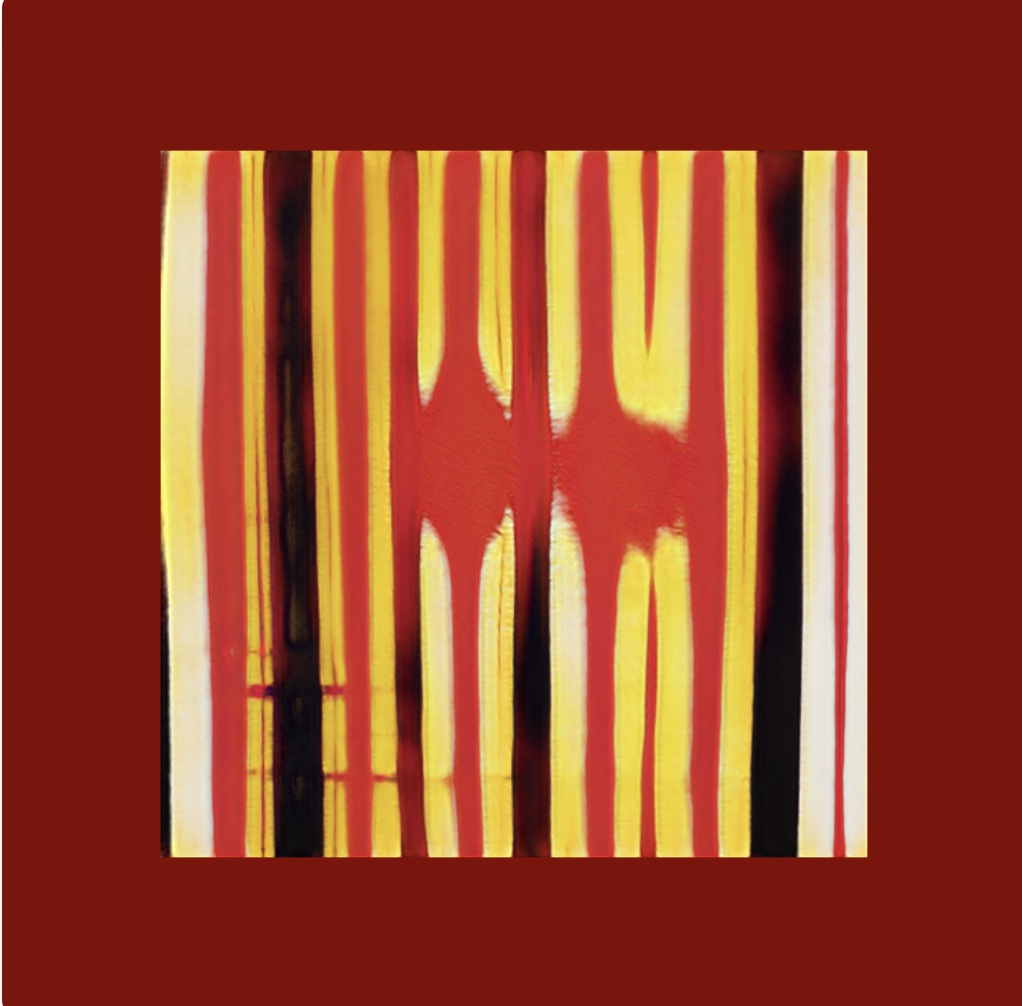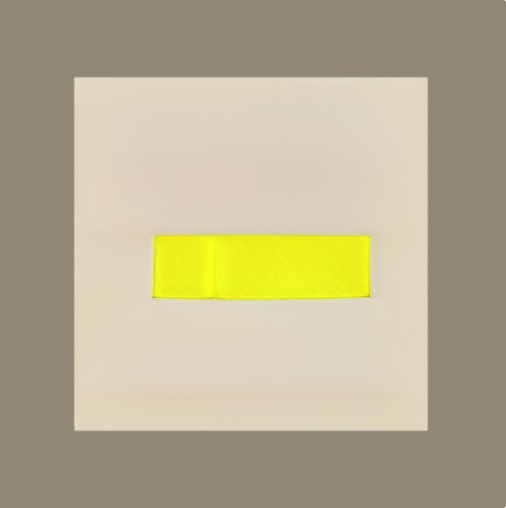
Akiva Kohane, Newton, MA
When my mother passed away, I practiced the days of grief according to Jewish law. This let me mourn and collect myself. However, after those early days I did not want grief to consume me. It could have done so all too easily. I chose not to ruminate and deny my life and instead chose to do what I thought was healthiest for me: Returning to the rhythms and activities of my “regular life.” This helped me the most after my mother passed because it brought a sense of normalcy. I was able to receive comfort from what I still had while still noticing the obvious changes. It reminded me that I still had so much while holding close the memory and love of my mother.

